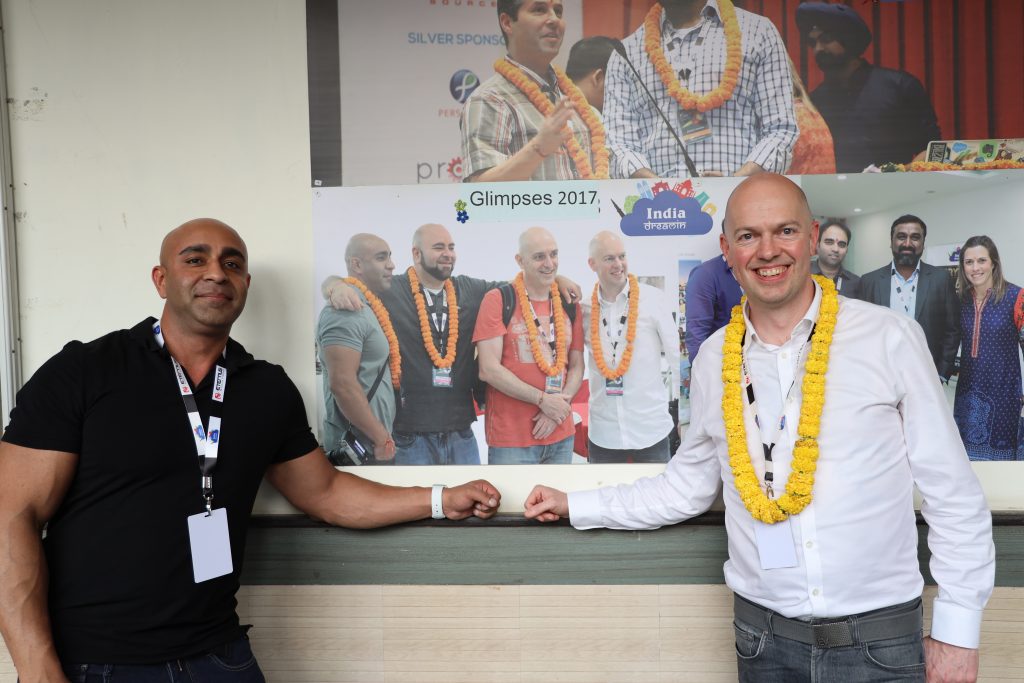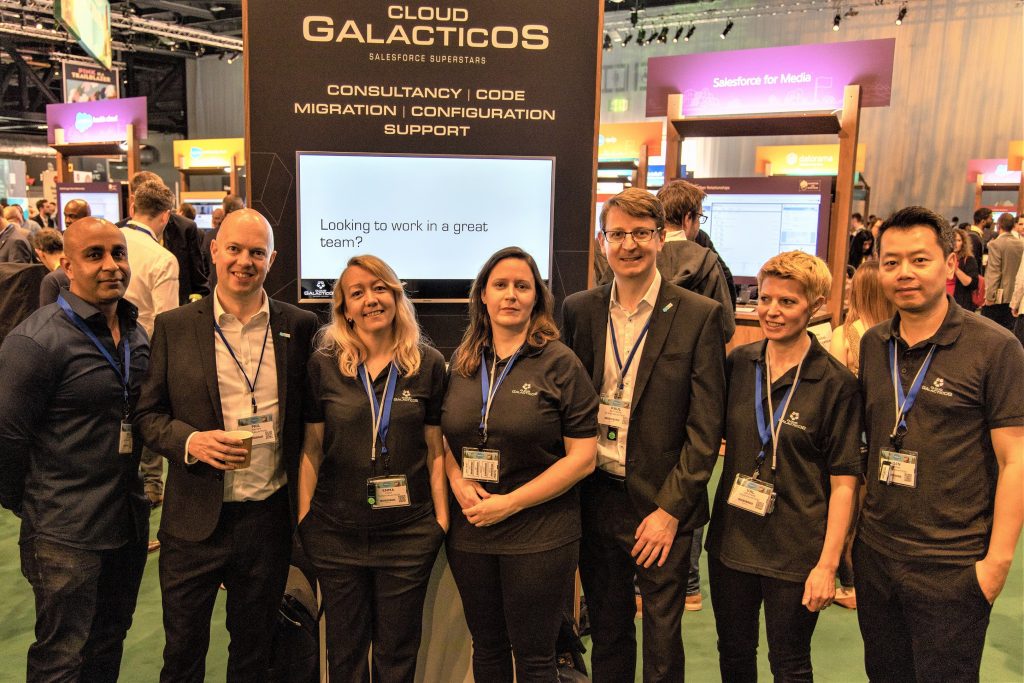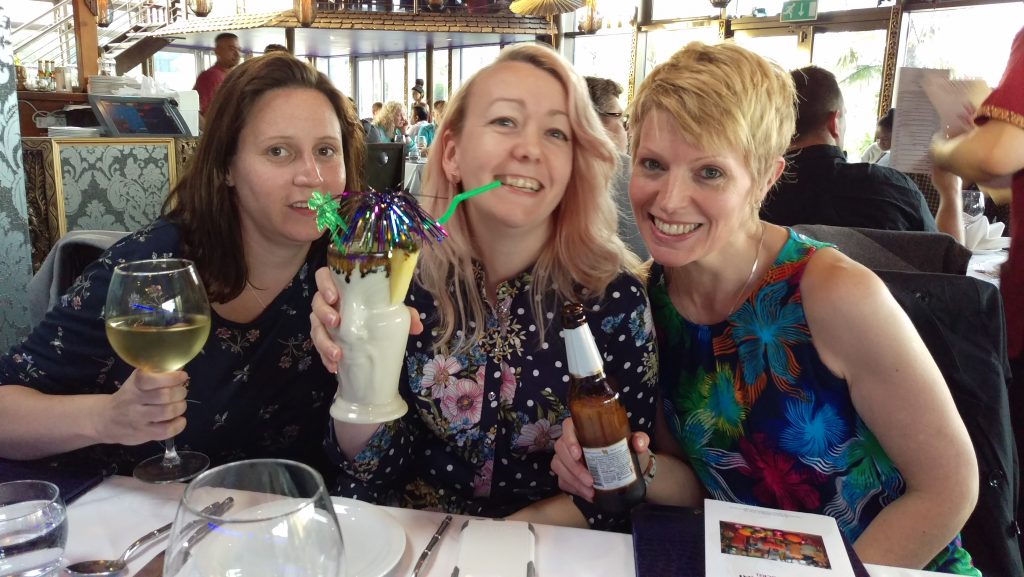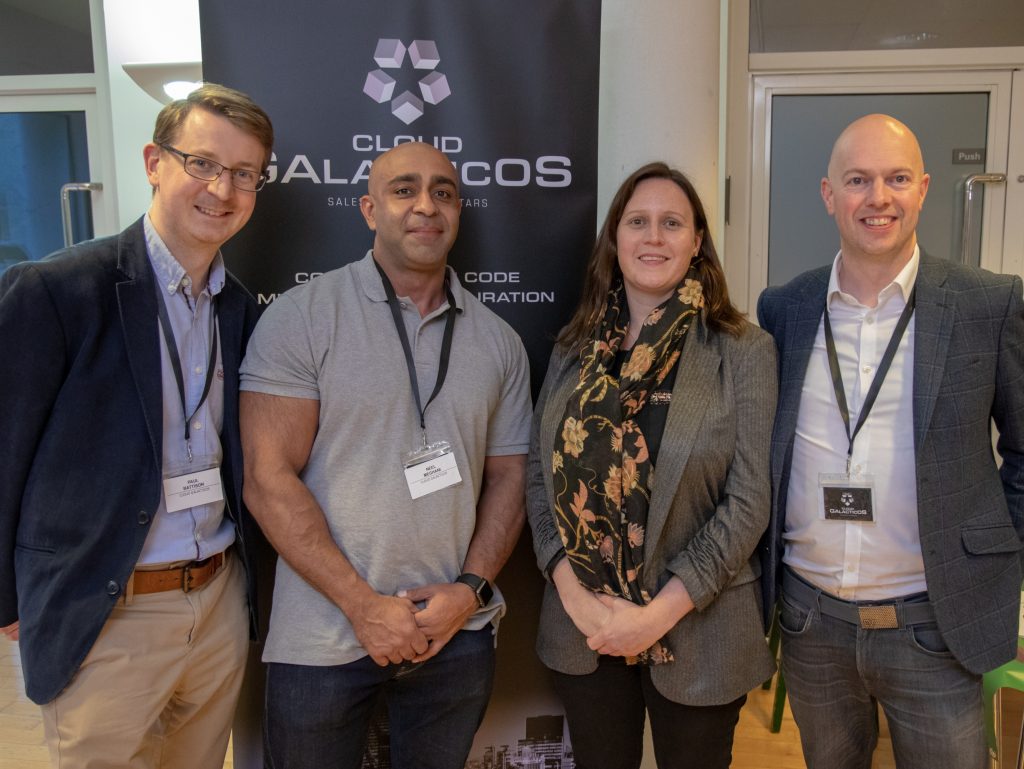At TrailheaDX 2020, the new Salesforce Certified JavaScript Developer I credential was announced. With the move to Lightning Web Components, vanilla JavaScript has become a core programming language on Salesforce, and this certification emphasizes this. I was invited to take the beta exam earlier this year but was unable to do so due to COVID-19. So when the full certification was released, I booked the exam as soon as possible to work on obtaining this new certification. It is composed of two parts; an exam and a superbadge.
Firstly, some background – I have worked extensively with JavaScript outside of Salesforce for a few years writing apps using Node.js and frameworks like React. I was therefore pretty confident in my ability to pass the exam. I am also a Salesforce Certified Instructor and am accredited to teach the Lightning Web Components training for Salesforce, and have used the framework a lot as well so was comfortable I should be able to handle the superbadge. For anyone looking to obtain this credential, I would recommend that they ensure they have spent a good amount of time working with modern vanilla JavaScript. You should have also used Lightning Web Components for more than just reviewing some of the sample apps.
The Exam
The exam portion follows the same tried and tested multiple-choice format via Webassessor that we all know and love. You are given 60 questions with a 65% pass mark so need to get at least 39 questions right. This exam also includes 5 unscored questions that I assume will show up in the future on the exam. The exam cover the following areas:
- Variables, Types, and Collections: 23%
- Objects, Functions, and Classes: 25%
- Browser and Events: 17%
- Debugging and Error Handling: 7%
- Asynchronous Programming: 13%
- Server Side JavaScript: 8%
- Testing: 7%
These top 3 sections between them, if answered correctly, will earn you enough marks to pass the exam. As ever, it is smart to review these sections to decide on focus areas. The exam is code heavy, with lots of JavaScript snippets designed to make you think through what the code is doing and potentially catch you out. It’s no secret that JavaScript has some behaviours that seem strange, so make sure you are comfortable with these behaviours.
Salesforce provide a great set of resources on the Trailhead pages, including some modules to help you understand the newer language features. I would also highly recommend for anyone serious about learning JavaScript the You Don’t Know JS series of books. I have read and re-read them and still always learn something new. The Mozilla Developer Network documentation on JavaScript is also second to none and worth reviewing if you have any weaker areas.
I found the exam challenging but not too onerous, the questions were trying to make you think about the code but were not trying to trick you. As ever, keep calm, read through things thoroughly and you should have no issues.
The Superbadge
The second step to becoming Salesforce JavaScript Developer I certified is to complete the Lightning Web Components Specialist Superbadge. This superbadge has 4 pre-requisite badges that cover the basics of the Lightning Web Components framework to prepare you for the superbadge. This superbadge is tough. It took me a lot longer than I expected, and chatting with others it seems that it is a common experience. You need to read the details of this superbadge really carefully. Some of the requirements are mentioned as only a single word rather than being listed more clearly/explicitly and so can easily be missed. The superbadge involves building out an application to allow you to view boats for rental and leave reviews. All areas of the Lightning Web Component framework are covered, so you will definitely learn how to cover most scenarios.
From my experience, I would encourage you to read and work through the contents before looking at the challenges. The contents of the superbadge wording do not correlate to the order of the challenges and so you can spend a lot of time jumping around the page which gets frustrating and leads to you missing requirements. When checking the challenges expect to receive some errors. Pay particular attention to naming of variables, using the correct case in your code, and even the order of statements. If you can set aside a couple of days to work through this, I would highly recommend it. I was doing this bit by bit in evenings and weekends and it was difficult to remember where things were.
If you get truly stuck, you can get help from the Trailhead support team. Be aware that they do not work weekends so try and raise issues during the week for a prompt response.
Salesforce JavaScript Developer I Certified!
And that is it! Once you have completed both, your certification will be sent over for you. Hopefully this guide has given you some good pointers and helped you on your journey. We look forward to seeing more people sharing their success on this on social media.
ABOUT CLOUD GALACTICOS
Cloud Galacticos is a Salesforce Consulting Partner with an all-star team. We are user and developer group leaders, bloggers, MVPs and all round Salesforce nerds. We have people all over the UK including Manchester, Leeds, York, Sheffield, and London. If you are looking for a Salesforce partner with experience who can help you make the most of your org, why not give us a call?






















